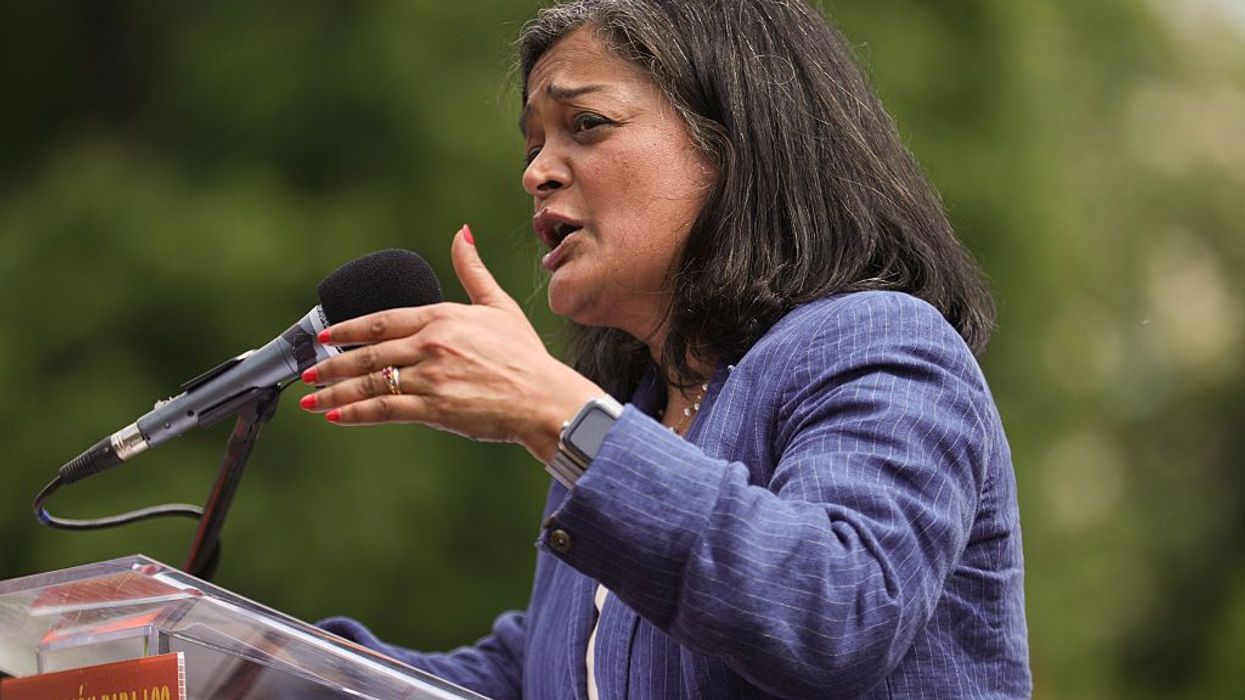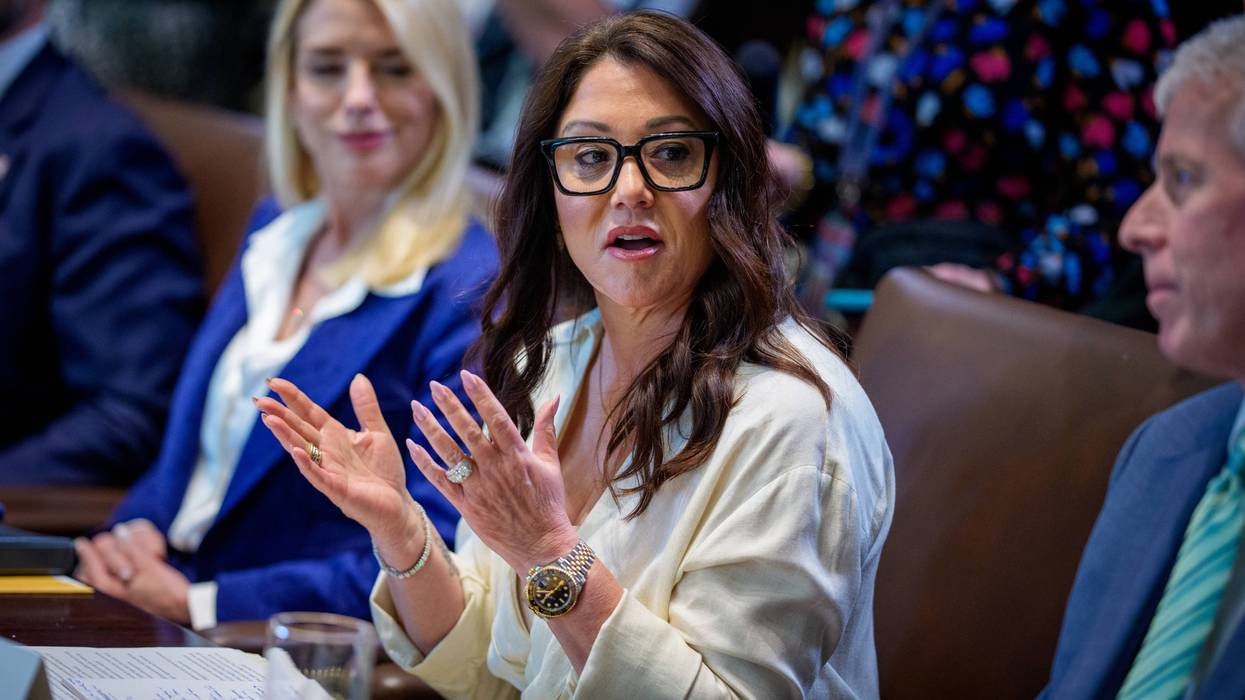As the World Bank holds its annual meeting, women's right advocates who have formed a new group called Unfreeze Afghanistan. The group is calling on the Bank to release frozen Afghan funds to pay the salaries of Afghan women teachers and healthcare workers. They are responding to an urgent appeal from the 45,000-member Teachers Association of Afghanistan on October 6, 2021 warning that the situation for teachers is dire, as most have not been paid since June. "The Ministry of Education has very few resources, and it is hard to ask our teachers to keep working without salaries. Many of them are the sole breadwinners in their families, and they are really struggling. It will be difficult to keep the schools open if we have no funds."
The same is true for healthcare workers, who are also not getting paid. WHO Director-General Tedros Adhanom Ghebreyesus said that due to a lack of funding, Afghan medical facilities have been unable to pay salaries. According to UNDP's Asia-Pacific Director Kanni Wignaraja, only about 17 percent of some 2,200 health facilities are fully functional and the personnel who are working are doing so on a voluntary basis. If money is not released to pay workers, "there is a risk that the Afghan people will have virtually no access to primary health services," she said.
Prominent women involved in the call to release frozen World Bank funds include Pulitzer Prize author Alice Walker; Jamila Safi, President of the Afghan Female Teachers Association; Toorpakai Momand, former Director of Female Education in Afghanistan; Sunita Mehta, co-founder of Women for Afghan Women, and Sonali Kolhatkar, co-director of the Afghan Women's Mission. In addition, over 3,000 people have added their names to a petition hosted on the CODEPINK website.
After the fall of Kabul to the Taliban, the U.S. froze nearly $10 billion in assets belonging to the Afghan central bank and stopped shipments of cash to the country. The International Monetary Fund has frozen the distribution of more than $400 million destined for COVID relief and the World Bank is holding back hundreds of millions in the Afghan Reconstruction Trust Fund. Foreign aid to Afghanistan had previously been about $8.5 billion a year -- nearly half of the country's gross domestic product, and the freezing of funds has been disastrous for the Afghan people.
The group calls on the Taliban to re-open all schools for boys and girls throughout the country and calls on the international community to enable the re-opening and operation of these schools by releasing the frozen funds.
"We share the international concern over Taliban rule and the assessment that their government should not be recognized until it proves its commitment to basic norms such as women's rights to education and jobs, but holding back funds for teachers and healthcare workers is punishing the victims," says Medea Benjamin, cofounder of CODEPINK who has been to Afghanistan on several humanitarian delegations. [put whose name you want and edit the quote as you'd like]
"After 20 years of military operations that killed tens of thousands of Afghans, the U.S. should not retaliate against the people of Afghanistan for its withdrawal by withholding funding for health, education and other social services. Those funds are now the property of Afghanistan and must go to the people providing essential services," says retired US Army Colonel Ann Wright, who as a State Department official helped reopen the US Embassy in Kabul in 2001.
Unfreeze Afghanistan understands the concern that money might not get to the intended workers, but believes there are a variety of verifiable mechanisms, such as one the UNDP hopes to initiate to pay some healthcare workers. The group believes that payment mechanisms exist that are transparent and traceable, and that allow either for direct payment to the individuals entitled to receive them, payment through NGOs (as already existed in the case of many healthcare facilities), or accountability for a more centralized payment system.





